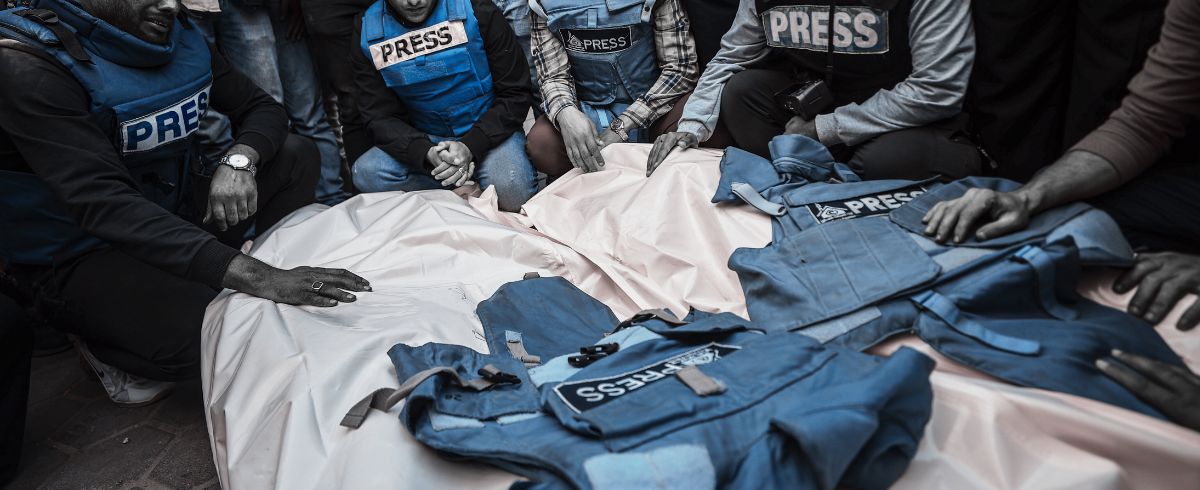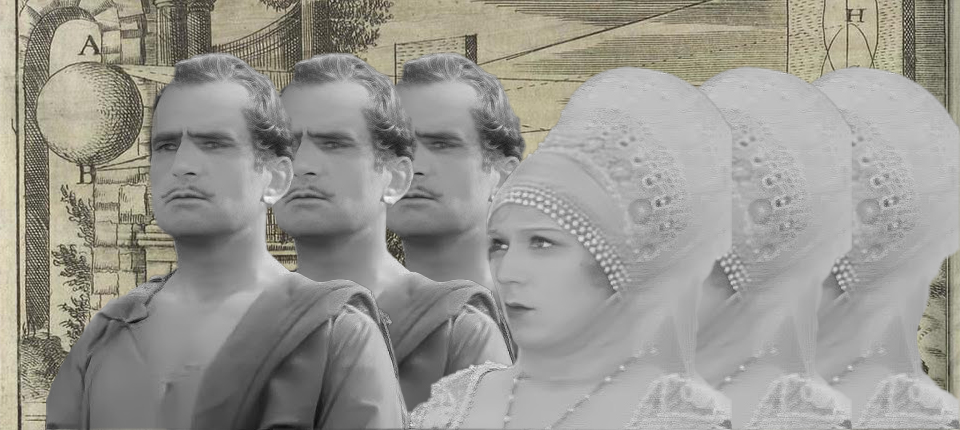Depending on where your interests lie, Robert Aickman (1914–81) is notable either as co-founder and champion of the Inland Waterways Association, a group which at their inaugural meeting in 1946 made it their mission to restore and preserve Britain’s canal system from neglect and destruction, or as a writer of odd and unsettling ghost stories – forty-eight of them, published between 1951 and 1985, in eight books. (There is also a volume of autobiography, The Attempted Rescue, from 1966.) Aickman was passionate about both endeavours, but you get a sense that he would have liked to have been remembered for the writing of his eerie tales about churchyard picnics, thwarted love, empty relationships, and stultifying routines. And, mostly, he has been. He was very proud in 1975 to have been awarded the World Fantasy Award for “Pages from a Young Girl’s Journal”, a phlegmatic account of the corruption of an innocent abroad, and is often cited as one of the unsung greats of horror and fantasy by successful exponents of the genre. But despite these significant accolades, his fictions are often difficult to grasp and not obviously “ghost stories” at all.
It is certainly one of the recurring criticisms of Aickman, even after a Faber reissue in 2014 to mark his centenary, that his “strange stories”, as he liked to call them, remain too vague, too bloodless and wryly devoid of easy answers, to reach a large audience. An “Aickmanesque” story envelops the reader like a mist, leaving uncertain clues and contradictory rationales. Aickman knew it himself. “It is a queer story”, he wrote of one (without revealing its title). “Not likely to be understood at all.” This is a sentiment he repeats time and again throughout a new selection of his letters to Kirby McCauley, his literary agent in the US.
Ostensibly, Aickman knows he is a particular flavour. His only hope, he says in 1977, “lies in my work reaching the occasional enthusiast who is strongly enough placed to do something about it”. But, lest this should be regarded as self-deprecation, elsewhere the same year he recounts how his publishers “get out one sentence to promote each book” and in his case, for the latest compilation, they have gone for “We think they are better than Roald Dahl”, to which Aickman replies: “I should hope so”.
This selection of letters provides a fascinating insight into a complicated man. McCauley’s first letters were those of a fan, and it is moving to read Aickman’s heartfelt response to someone who has taken from his stories everything he put there. One imagines him breathing a sigh of relief: “Finally! Someone who GETS it”. McCauley moved to New York in 1974 and became an agent, one of whose early clients was Stephen King, but the friendship with Aickman endured: their correspondence continues uninterrupted for the thirteen years (1967–80) that make up this book.
Early on McCauley evidently does his best to introduce colleagues to Aickman’s singularly British work. Aickman’s letters (for it is only his replies that we see here) are full of delight and wonder at the good work McCauley is doing as his US advocate. As their friendship develops the correspondents touch on other areas of interest and Aickman offers opinions on art, film, music, literature and politics. He takes a dim view of Rosemary’s Baby (1967) by Ira Levin and calls the ending “cheap and unworthy”. He would never have ended the story with the definite reveal that Rosemary has given birth to the Devil’s child.
What did Aickman think about the supernatural? His stories never decide one way or the other, but it is interesting to discover that he was himself a believer in ghosts, and paid a visit to Borley Rectory in Essex – built in 1862 and said to be disturbed by poltergeists. (By 1927 there had been a catalogue of incidents at Borley, including the writing of spirit messages from the dead, sightings of horse-drawn carriages driven by headless coachmen and the appearance of at least two ghostly nuns.) Aickman was a member of the Society for Psychical Research, and a one-time friend of the conjuror and ghost-hunter Harry Price (1881–48), whose character he is obliged to re-evaluate: “One cannot ignore the new skepticism about him”. Price made a career out of debunking fake spiritualists, but stood accused of fabrications of his own by historians such as Trevor H. Hall. Aickman’s notion of a spirit world remained undimmed, however. He was of the view that “the gift”, claimed by mediums and palm readers, existed, but had been dulled as a “consequence of the entire modern way of life and ideology suppressing the relevant faculties in man”.
One of the pleasures of the letters is how they chart the growing trust and respect between the two men. Aickman is encouraging when McCauley floats the idea of becoming a full-time agent: “I see no reason why it need, as you put it, ‘always be a sideline’. You seem to have both a gift and an enthusiasm, so why not aim at making it a lifeline?” It is satisfying to know that McCauley will end up representing Aickman in America when we have been a witness to his absolute conviction that here is an important writer who has been unfairly overlooked.
Much of the second half of the correspondence is about deals and money. Some of it is repetitive, but then these are letters to an agent, and Aickman comes over as a shrewd businessman and editor. Until 1972 he was editing successive volumes – eight in all – of The Fontana Book of Great Ghost Stories with Herbert van Thal, and in 1971 bemoaned the catch-all definition: “the trouble is that people will put up with almost anything under the heading of ‘ghost stories’”. He did, however, on six separate occasions, find room at Fontana for some of his own.
Aickman’s thoughts on film directors, presumably with a view to adaptations of his work, are tantalizing. In 1970 he responds enthusiastically to a prompt by McCauley: “It struck me a long time ago that Roger Corman might possibly be interested in some of my stories. Have you any means of reaching him? I genuinely admire his Poe films, though not everything [he does]”. It’s a delicious thought: an Aickman story told through the garish prism of a low-budget Corman movie.
Other intriguing passages come when McCauley gives Aickman suggestions and critiques. For example, he notes the elusive quality of “Wood”, about a former architect and carver of figurines, which Aickman attributes to real-life elements he has incorporated into the story. “Sometimes, curiously enough, it augments the feeling of mystery”. One is left wondering what the real-life elements were that contributed to this strange tale of marriage and monstrous transformation.
Robert Aickman was a writer of importance and skill. He toiled in a genre he considered significant. “Ghost stories are not taken seriously as literature”, he wrote in 1971 – yet to write these stories was, for him, akin to writing poetry. His work contains many veiled and unanswered mysteries; the uncertainty of “why” and “how” abounds. He understood that it is not knowing that leaves the reader haunted. Similarly, in this rich collection of letters we are afforded an intriguing glimpse of an elusive artist. We seem to see a figure standing in the mist, if only for a moment.
Reece Shearsmith is an actor and writer
The post Hauntings from the mist appeared first on TLS.

 By Times Literary Supplement | Created at 2024-10-29 21:41:40 | Updated at 2024-10-30 15:19:51
2 weeks ago
By Times Literary Supplement | Created at 2024-10-29 21:41:40 | Updated at 2024-10-30 15:19:51
2 weeks ago



